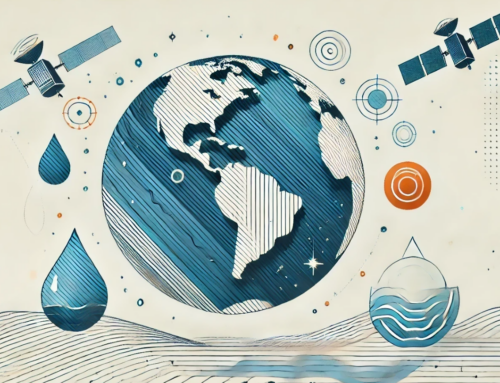
The Pain Point Workshops of PROTECT took place online on 28 and 29 March 2023. The online workshops consisted of 5 Working Groups (WG) bringing together at around 15 participants (including procurers and experts) per WG session in 5 application domains: (1) Marine and Coastal environment, (2) Sustainable Urban Communities, (3) Civil Security and Protection, (4) Energy and Utilities, and (5) Agriculture, Forestry and other Land Use.
The purpose of the WG was to identify common problems and procurement challenges for the future procurement of Climate Services based on Earth Observation (EO) data/services.
As a result of the WG sessions, 5 challenges were identified. The outcome consists of a description of the problem and functional requirements, a use case stating the ‘as is’ present situation and the ‘wish’ optimal future situation that could be achieved with innovative solutions. In addition, a value pilot and keywords were preliminary defined. The identified 5 challenges expressed as functional requirements are:
Marine and Coastal environment
- Rapid and reliable mapping of flooded areas for planning, preventing, predicting and post event intervention and cooperation.
Sustainable Urban Communities
- Thermal monitoring and predicting waste fire to avoid spontaneous ignition in waste storages and air pollution, using automated notification of risk of fire based on the modelling of certain conditions (like the level of humidity, air temperature, height of the pile of waste, etc.).
Civil Security and Protection
- Identifying illegal dumping of waste in water and sending automated alerts to law enforcement agencies to prevent the flow of waste causing cross-border damages, and producing standardized reports that can serve as proof of responsibility in (criminal) judicial proceedings.
Energy and Utilities
- Predicting the demand for sweet water from different users aimed at connecting the supply and demand of water for diverse uses (such as farming) in the water value chain to tackle periods of drought.
Agriculture, Forestry and other Land Use
- Detecting climate vulnerability in the face of challenges like salinity affecting reproductivity of vegetation, through automated analysis that supports the decision of experts in preparing resilience plans.
Let us know if you would like to participate in the next sessions to explore more in-depth these challenges and the procurement of related Climate Services based on EO. Please send a message to: a.jaramillo@Corvers.com





